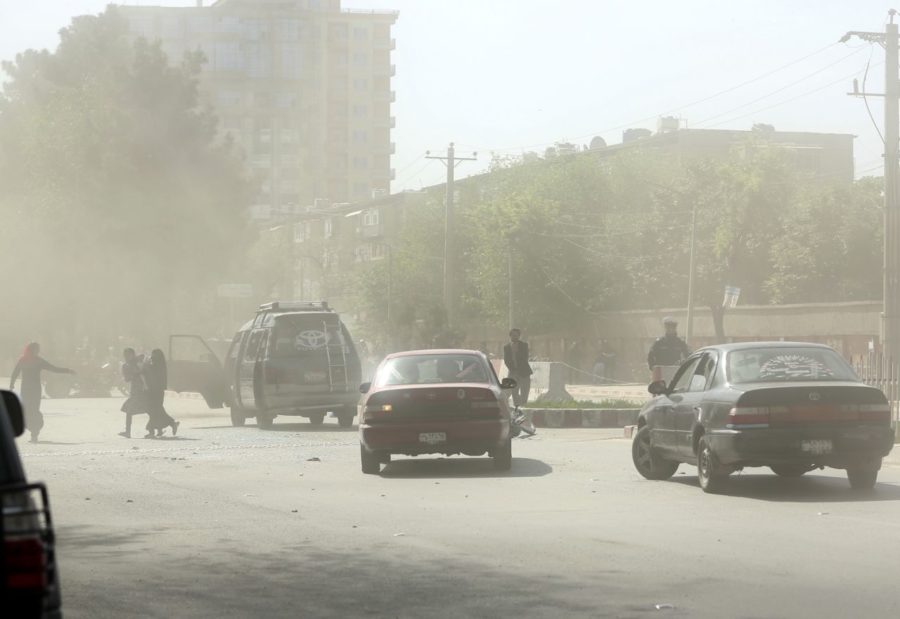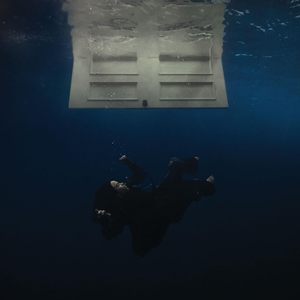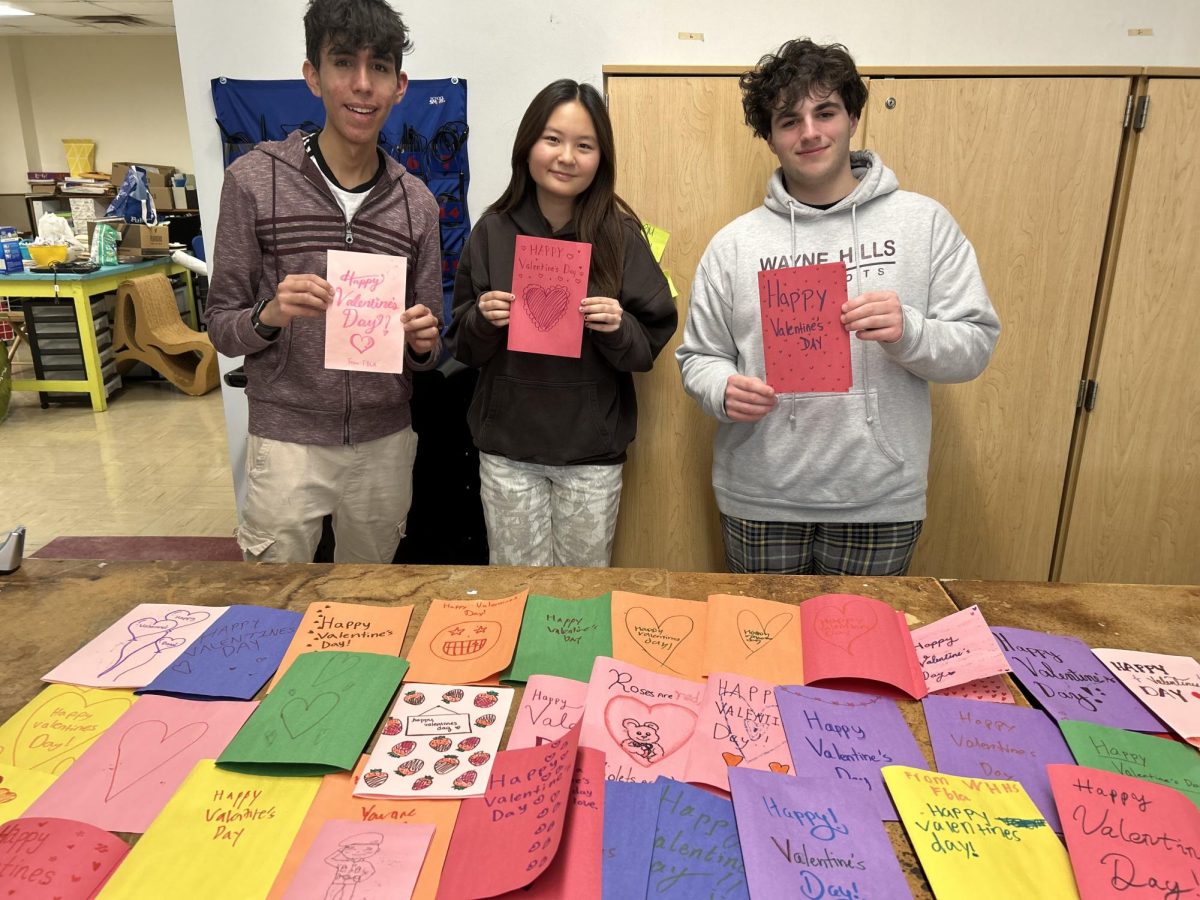Chaos in Afghanistan
May 9, 2018
Multiple bombs went off in Kabul, Afghanistan injuring 45 wounding and killing 35 on April 30th. The bombings started at 8 a.m behind the American Embassy. Only a half hour later a second bomb went off near a police station, people have noted this bomb was larger than the first bomb that went off a half hour previously.
Both the bombings have been reported as suicide bombings. ISIS has claimed responsibility for this incident after the attack. They have also claimed that the first bombers name was Qaqaa al-Kurdi and the second was Khalil al-Qurshi. Currently, it is believed that this statement is true.
A United States Ambassador, John Bass tweeted about it stating “I condemn today’s terrible Kabul attack (and) reaffirm our commitment (to) stand with the Afghan people in their fight for peace (and) security across Afghanistan. We mourn for those murdered, including the brave journalists who stand for truth in the face of violence.”
Many question if this attack might be related to a recent bombing in Kabul on April 22, where approximately 95 people were killed and over a 167 injured from a bombing with an ambulance packed with explosives.
Also in the same area, BBC reporter, Ahmad Shah was shot and killed in Afghanistan on his way home. It is unknown who killed him at this time.
We decided to ask students of Wayne Hill to see what they think about all of these events.
Amel Methajic, a senior at WHHS said “Kabul as most of us know is the capital of Afghanistan. Afghanistan has held extreme Islamic groups such as the Taliban and Al-Qaeda. It is not surprising to see that there was a bombing that is suspected to be perpetrated by ISIS. ISIS attacks people of all religions due to their skewed extremist views. Especially with ISIS falling from their position in the Middle East they likely would have done this as a last ditch show of strength.”
We also had a student the prefered to remain anonymous stating “I believe that the act that was done in Afghanistan was horrific and immediate action needs to be taken in third world countries.”






